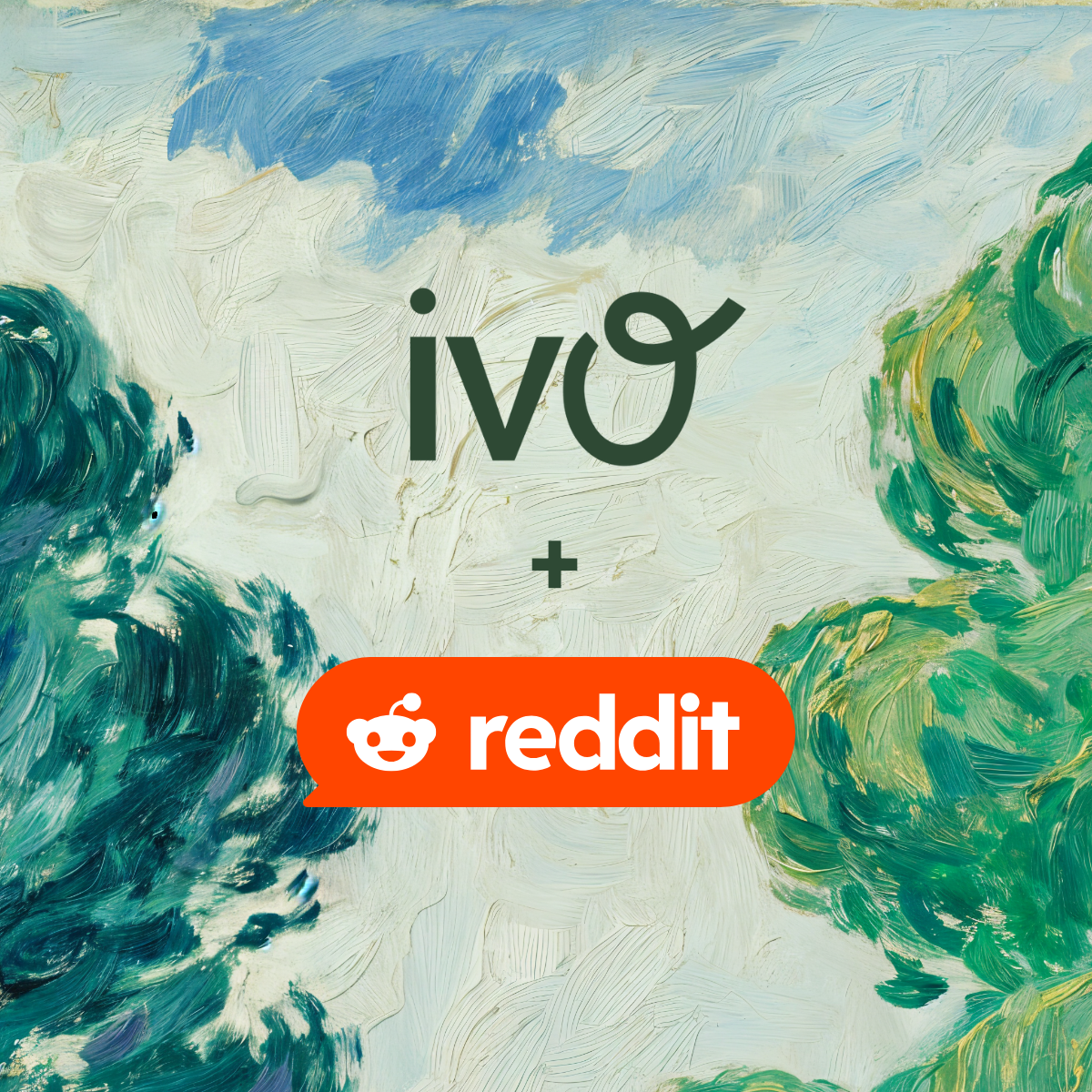CLOC’s annual Las Vegas conference is probably the marquee event for legal ops professionals, and as a result it’s a good leading indicator of where the legal ops industry is heading in the future. I recently attended the event for a second time, and had a few observations.
Decline of CLM
CLM vendors dominated the event in 2023, and they did it in style. At the time, my only prior experience at a legal conference had been the Legal Innovation & Tech Fest in Sydney, and in comparison the glitzy booths sprawling across the exhibit hall of the Bellagio were a shock to my modest Kiwi sensibilities.
In 2024, CLM vendors were much more muted, eschewing elaborate sets and costumed mascots in favor of a more serious presentation style. Notably, there was an absence of the lavish parties that every CLM vendor seemed to be throwing last year.
It’s no secret that CLMs have been the primary legal tech beneficiary of VC dollars in recent years; the pullback of VC funding in CLM companies and its subsequent impact on marketing budgets were felt throughout the event.
There were also indications that CLMs were losing their shine in other ways; Zach Abramowitz has previously questioned whether CLMs have reached Product Market Fit, and privately I heard similar comments both from other vendors and legal ops professionals.
These firms undoubtedly see generative AI as an opportunity to create new, more compelling experiences for users. Speaking of AI…
The rise of AI
Venture Capitalist Mark Andreessen claimed in 2011 that “software is eating the world”; in 2024, AI is eating the software that is eating the world. Vendors seem to be hyper-aware of this new state of affairs and have started stuffing the word “AI” into as much marketing collateral as possible.
From a cursory look around the floor, the number of software providers that claimed to incorporate AI (50), were more than double the number of software companies that didn’t (22).
I’ve heard some skepticism from investors that lawyers are adopting generative AI solutions due to top-down hype-driven pressure to use AI rather than there being genuine, enduring use cases. I didn’t get the impression that this is what was happening at CLOC, at least amongst the legal operations folks I met at the event (law firms are a different story!).
That isn’t to say that legal operators didn’t express skepticism about the usefulness of AI solutions—many did, often informed by negative past experience—but this was balanced against the obvious utility AI solutions could offer against very real pain points within their legal teams.
More sophisticated buyers
At the 2023 event, the fresh release of ChatGPT had created enormous buzz around generative AI’s potential to impact the legal profession, but the use cases still felt speculative. Few legal teams were meaningfully using Generative AI (GPT-4 had just been released), and the interest around Generative AI was focused on how it might impact the future of the legal profession rather than immediate practical applications.
In contrast, Generative AI is now being used to solve real-world legal problems. Buyers visited our booth armed with vendor swag in one hand and a wishlist of clearly-defined requirements on the other, and they were intentionally, actively looking for solutions that covered specific use cases.
Overall, there was a night-and-day difference in the sophistication of buyers investigating generative AI solutions.
Conclusion
Legal teams who attend CLOC are on average likely to be unusually forward-thinking in their appetite to explore novel generative AI solutions, but nonetheless the relative increase in focus on AI—and relative decline in interest in other areas—from last year was striking.
This year’s CLOC is a good preview of what we can expect to see in the coming years. I can’t imagine a more exciting time to be in the legal ops industry!
CLOC’s annual Las Vegas conference is probably the marquee event for legal ops professionals, and as a result it’s a good leading indicator of where the legal ops industry is heading in the future. I recently attended the event for a second time, and had a few observations.
Decline of CLM
CLM vendors dominated the event in 2023, and they did it in style. At the time, my only prior experience at a legal conference had been the Legal Innovation & Tech Fest in Sydney, and in comparison the glitzy booths sprawling across the exhibit hall of the Bellagio were a shock to my modest Kiwi sensibilities.
In 2024, CLM vendors were much more muted, eschewing elaborate sets and costumed mascots in favor of a more serious presentation style. Notably, there was an absence of the lavish parties that every CLM vendor seemed to be throwing last year.
It’s no secret that CLMs have been the primary legal tech beneficiary of VC dollars in recent years; the pullback of VC funding in CLM companies and its subsequent impact on marketing budgets were felt throughout the event.
There were also indications that CLMs were losing their shine in other ways; Zach Abramowitz has previously questioned whether CLMs have reached Product Market Fit, and privately I heard similar comments both from other vendors and legal ops professionals.
These firms undoubtedly see generative AI as an opportunity to create new, more compelling experiences for users. Speaking of AI…
The rise of AI
Venture Capitalist Mark Andreessen claimed in 2011 that “software is eating the world”; in 2024, AI is eating the software that is eating the world. Vendors seem to be hyper-aware of this new state of affairs and have started stuffing the word “AI” into as much marketing collateral as possible.
From a cursory look around the floor, the number of software providers that claimed to incorporate AI (50), were more than double the number of software companies that didn’t (22).
I’ve heard some skepticism from investors that lawyers are adopting generative AI solutions due to top-down hype-driven pressure to use AI rather than there being genuine, enduring use cases. I didn’t get the impression that this is what was happening at CLOC, at least amongst the legal operations folks I met at the event (law firms are a different story!).
That isn’t to say that legal operators didn’t express skepticism about the usefulness of AI solutions—many did, often informed by negative past experience—but this was balanced against the obvious utility AI solutions could offer against very real pain points within their legal teams.
More sophisticated buyers
At the 2023 event, the fresh release of ChatGPT had created enormous buzz around generative AI’s potential to impact the legal profession, but the use cases still felt speculative. Few legal teams were meaningfully using Generative AI (GPT-4 had just been released), and the interest around Generative AI was focused on how it might impact the future of the legal profession rather than immediate practical applications.
In contrast, Generative AI is now being used to solve real-world legal problems. Buyers visited our booth armed with vendor swag in one hand and a wishlist of clearly-defined requirements on the other, and they were intentionally, actively looking for solutions that covered specific use cases.
Overall, there was a night-and-day difference in the sophistication of buyers investigating generative AI solutions.
Conclusion
Legal teams who attend CLOC are on average likely to be unusually forward-thinking in their appetite to explore novel generative AI solutions, but nonetheless the relative increase in focus on AI—and relative decline in interest in other areas—from last year was striking.
This year’s CLOC is a good preview of what we can expect to see in the coming years. I can’t imagine a more exciting time to be in the legal ops industry!





.png)

%20(2).png)








